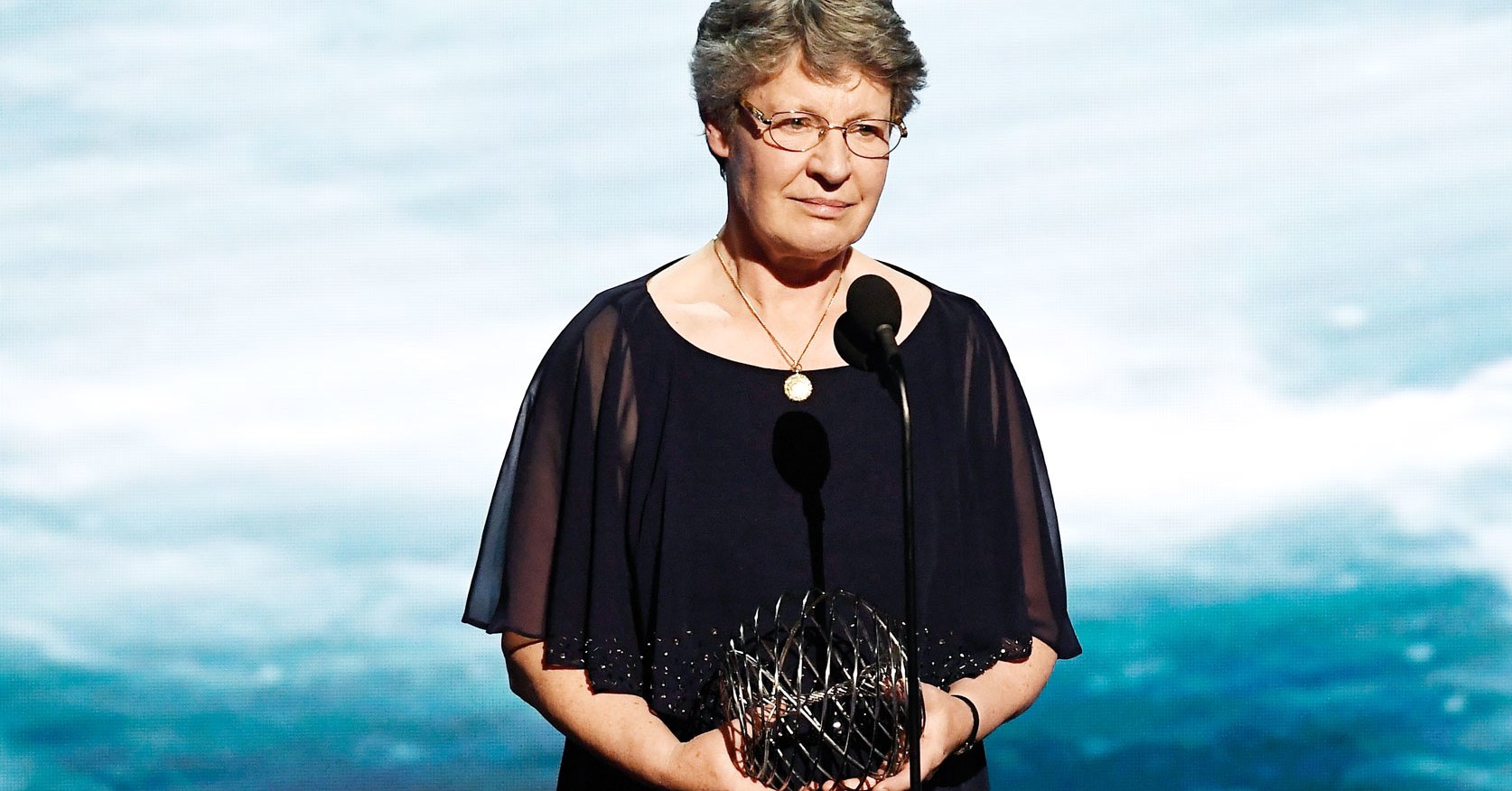The Science Behind Winning a Nobel Prize? Being a Man from a Wealthy Family
A lot of talent is wasted in a world where more than half of laureates come from households in the richest 5%.

Send us a link
A lot of talent is wasted in a world where more than half of laureates come from households in the richest 5%.

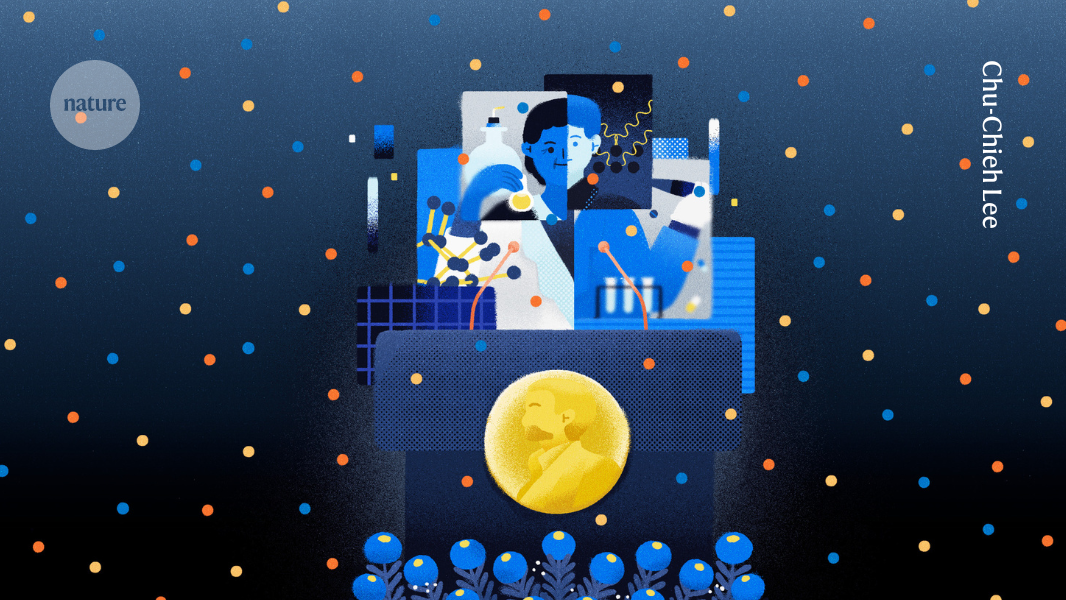
An analysis of the eligibility rules, assessment criteria and potential gender bias in best researcher and best paper awards from broad-scope ecology and evolution journals and societies shows a lack of assessment transparency, few attempts to foster equitable access and minimal consideration of open science.
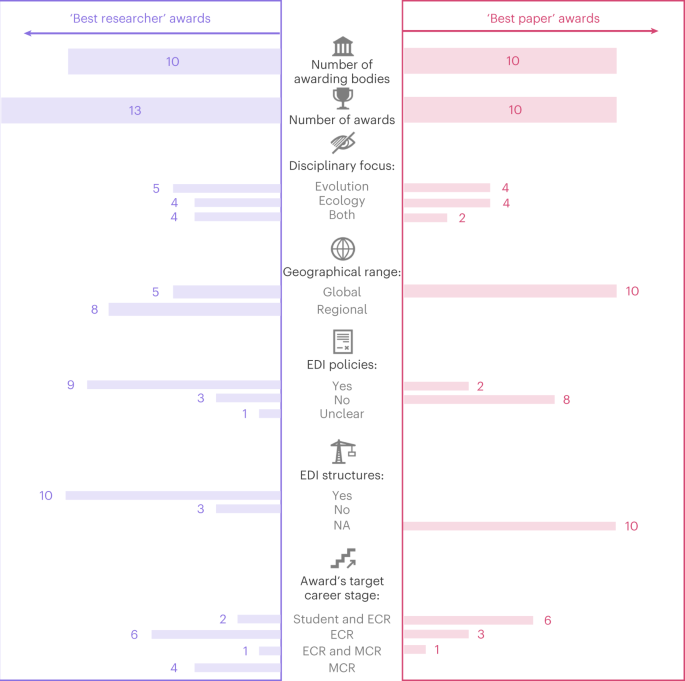
Podcast: After years of being publicly shamed for “fleecing” the taxpayers with their frivolous and obscure studies, scientists decided to hit back with … an awards show?! This episode, we gate-crash the Grammys of government-funded research, a.k.a. the Golden Goose Awards.
Press release: Hugo Duminil-Copin, Full Professor in the Section of Mathematics at UNIGE, has been awarded the prestigious Fields Medal. The Lake Geneva region has been recognised twice: Professor Maryna Viazovska of the EPFL is also a medalist.
University of Geneva Professor Daphne Bavelier explores how individuals learn and adapt to changes in experience, whether induced by nature or by training.
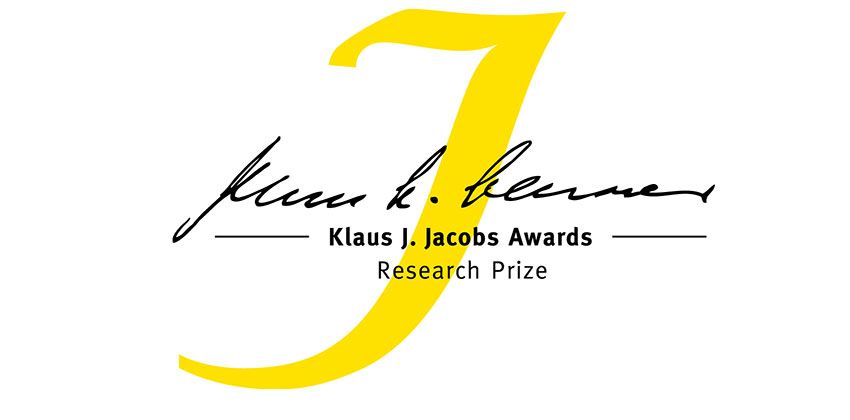
The project included more than 200 researchers around the world, about 40 of them women, including Dr. Bouman.
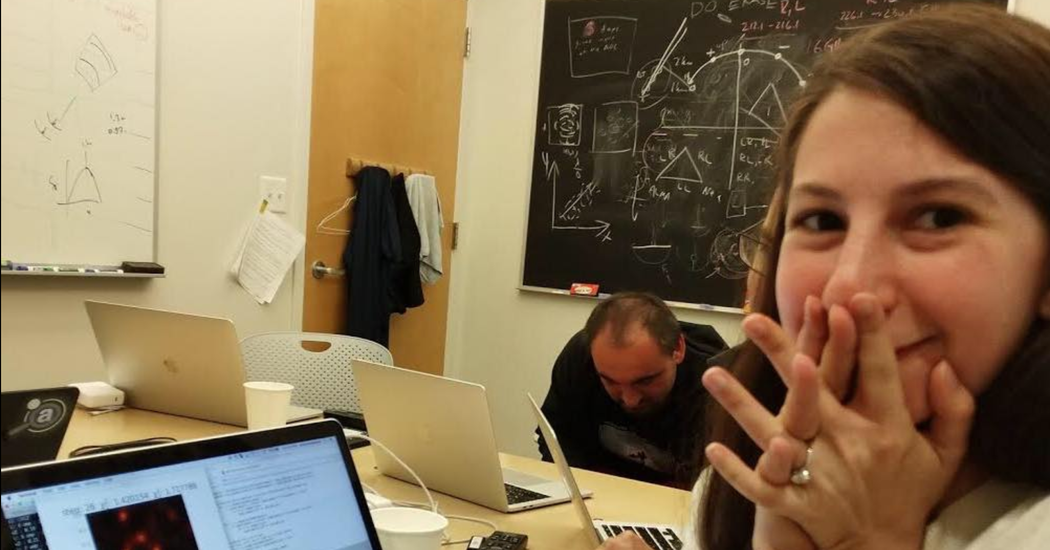
An algorithm makes highly precise predictions about who will win the Nobel Prize but disagrees with the committee on the 2008 prize winner.

Data re-use can generate new insights that in turn lead to vital health benefits. To stimulate and celebrate the innovative re-use of data, the Wellcome Trust today launched the Wellcome Data Re-use Prizes.

The tech-funded science awards are attempting to bring glory to basic research, but so far they have done little to challenge the status quo.
